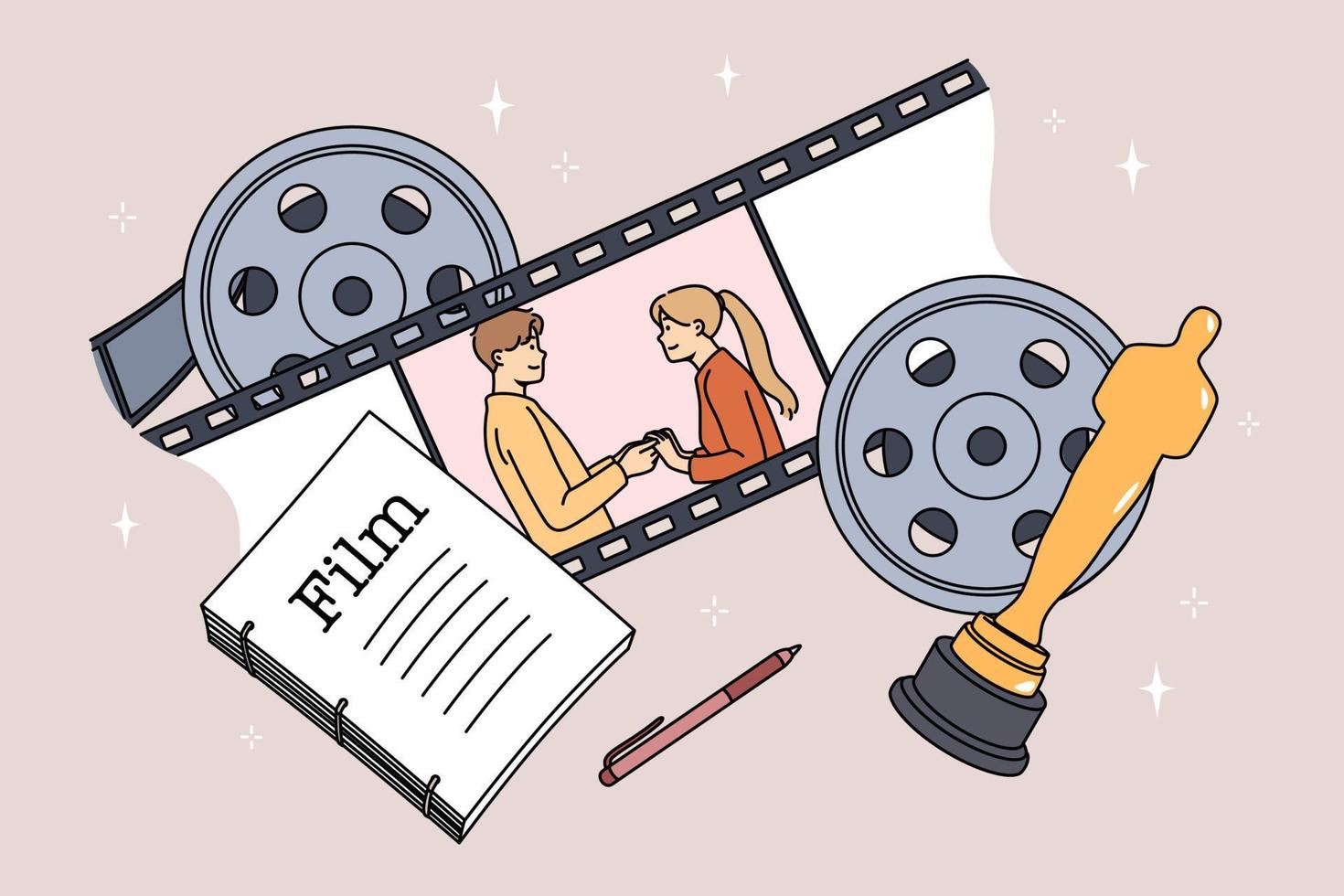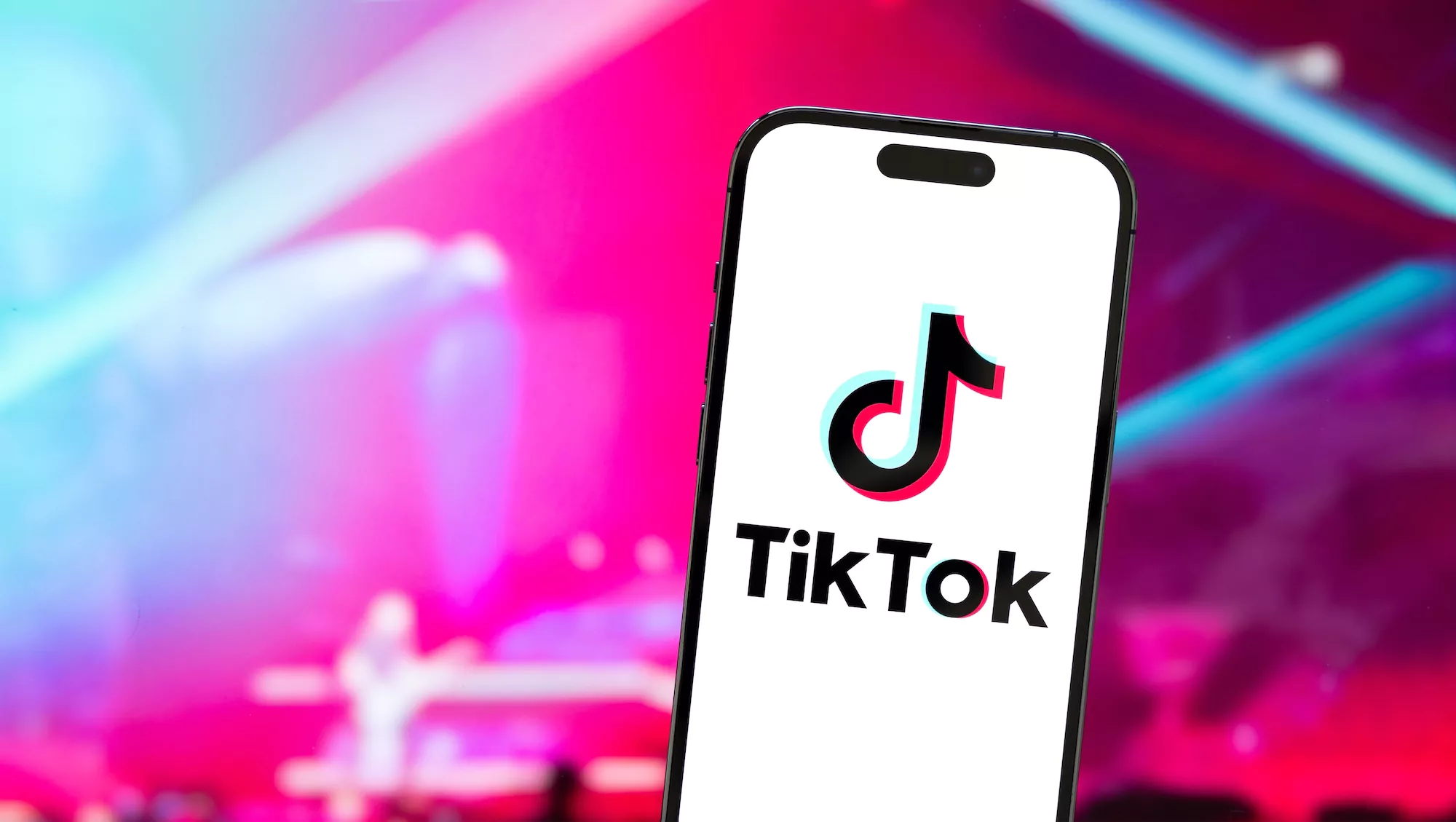You have spent months, perhaps years, crafting your manuscript. You know your characters’ voices intimately, and you have agonized over the rhythm of every paragraph. Now, you are ready to take that story global. However, crossing borders requires more than just uploading a file to a new marketplace; it requires dismantling the language barrier without destroying the soul of your book.
For independent authors, the decision to translate is a business investment, but the choice of how to translate is an artistic one. Here is why the "easy" route often leads to failure, and how to navigate the professional translation landscape with confidence.
The "Good Enough" Trap: Why AI Cannot Write Literature
It is tempting to look at the rapid advancements in Large Language Models (LLMs) and wonder: Can’t I just run my novel through an AI tool and hire an editor to fix it?
From a technical standpoint, yes, you can. From a literary standpoint, this is often disastrous.
Literary translation is distinct from technical or legal translation. It is not the conversion of words; it is the conversion of intent, subtext, and emotion.
The Nuance Deficit
Algorithms operate on probability, not empathy. If your protagonist says, "I’m fine," but the context implies they are heartbroken and lying to save face, an AI will likely translate "I'm fine" literally. A human literary translator, however, understands the scene's emotional beat. They will choose target-language phrasing that captures that specific, stoic resignation.
Cultural Context and Idioms
Consider the phrase "break a leg." A machine might translate this into a literal bodily injury in the target language, confusing the reader. A human translator knows to swap it for the cultural equivalent of "good luck" (e.g., In bocca al lupo in Italian).
The Data: According to CSA Research, 76% of online shoppers prefer to buy products with information in their native language. In literature, this standard is even higher. Readers will abandon a book instantly if the dialogue feels "clunky" or robotic. A poor translation doesn’t just result in a refund request; it results in negative reviews that stick to your author profile permanently.
The Transparency Framework: From Quote to Delivery
One of the biggest anxieties for self-publishing authors is the fear of hidden costs. The translation industry has historically been opaque, but modern, reputable agencies operate on a clear, transparent workflow.
Here is what a professional "Quote to Delivery" process should look like. If an agency cannot provide this level of clarity, look elsewhere.
1. The Comprehensive Quote (No Hidden Fees)
A professional quote is not a guess. It is based on a specific analysis of your manuscript.
Word Count: Pricing is almost always per source word.
Genre Complexity: High fantasy with invented languages requires more effort than a contemporary romance.
Service Level: Are you paying for just translation, or TEP (Translation, Editing, Proofreading)? Always choose TEP for publishing.
2. Translator Matching
You are not just hiring a "Spanish translator." You are hiring a "Spanish translator who specializes in Sci-Fi." The agency reviews your synopsis and assigns a linguist familiar with your genre’s tropes and terminology.
3. The TEP Process (The Quality Safeguard)
Translation: The primary linguist converts the text.
Editing: A second, senior linguist reviews the text against the original source to ensure accuracy and flow.
Proofreading: A final check for typos, punctuation, and formatting issues before publication.
4. Delivery and Post-Project Support
The file is returned to you in your required format (likely ready for typesetting). Reputable services offer a window for revisions if you find specific issues or need clarification on certain choices.
SEO & GEO Strategy: Using Structured Data
To ensure your translated book is found by readers (and to help search engines understand your author site), you should utilize Structured Data. Specifically, FAQ Schema helps Google highlight your content in the "People Also Ask" sections.
Below is a JSON-LD code block you can ask your web developer to embed on your translation landing page.
Finding the Right Partner
Ultimately, your translator is your co-author in a new language. You need a partner with infrastructure, experience, and scalability—especially if you plan to expand beyond books into audio or visual media.
This is where Artlangs Translation distinguishes itself.
With a deep bench of native linguists covering 230+ languages, Artlangs has moved far beyond traditional document translation. We have spent years refining our craft across the most demanding sectors of the entertainment industry. From video localization and short drama subtitles to the complexities of game localization, our teams understand narrative pacing and character voice.
As the digital publishing world evolves, so do we. Artlangs provides specialized multi-language dubbing for audiobooks and short dramas, ensuring your story is heard as authentically as it is read. Furthermore, our expertise in multi-language data annotation and transcription means we handle large-scale projects with technical precision.
Whether you have a single novel or a multimedia universe requiring translation, dubbing, and localization, we have the case studies and the experience to prove we are the right custodians for your work.
Ready to take your story global?
Don't let your narrative get lost in translation. Contact Artlangs Translation today for a transparent quote and let us help you reach readers in over 230 languages.











